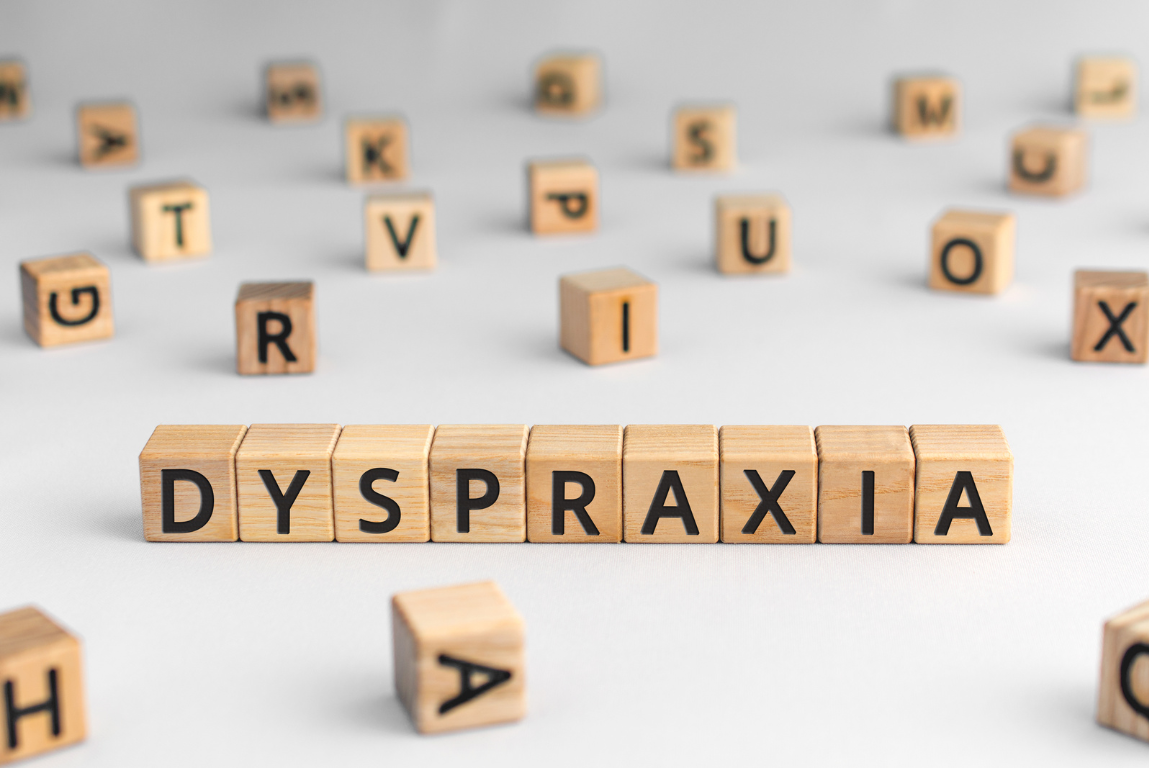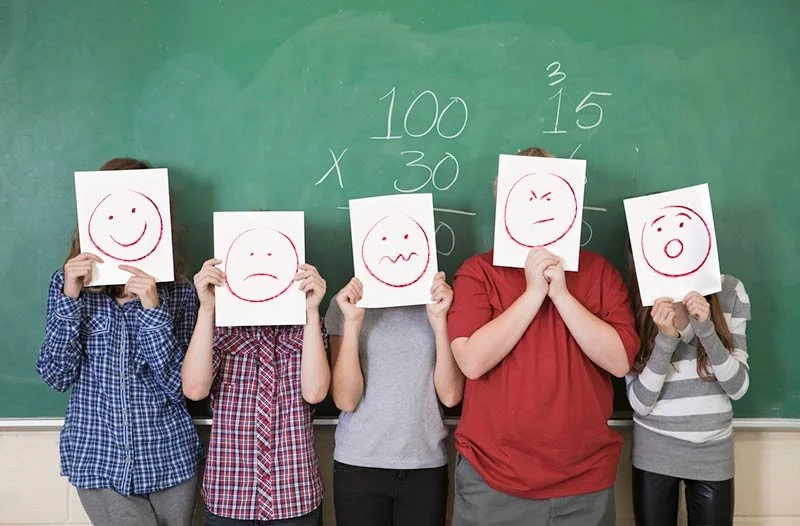Who We Can Help
-

Autism Spectrum Disorder (ASD)
Occupational therapy for individuals with Autism Spectrum Disorder (ASD) focuses on improving sensory processing, motor coordination, self-regulation, and participation in daily activities. Tailored interventions and environmental modifications enhance independence, social skills, and overall quality of life for individuals with ASD.
-

Attention Deficit Hyperactivity Disorder
Occupational therapy can assist individuals with ADHD by developing strategies to improve executive functioning skills, time management, organisation, and sensory processing, fostering greater independence and success in daily activities.
Through tailored interventions and collaborative approaches, children with ADHD are empowered to effectively navigate challenges and optimise their functional abilities at home, school, and social settings.
-

Sensory Processing Difficulties
Sensory processing disorders refer to conditions where the brain has difficulty processing and interpreting sensory information, leading to challenges in responding appropriately to stimuli from the environment. Individuals with sensory difficulties may experience heightened sensitivity or reduced sensitivity to sensory input, impacting their daily functioning and behaviour.
-

Dyslexia
Dyslexia is a specific learning difficulty characterised by difficulties with accurate and fluent word recognition and poor spelling and decoding abilities, often resulting in challenges with reading comprehension
-

Dyspraxia
Dyspraxia is a neurological condition that affects coordination, motor planning, and movement execution. Individuals with dyspraxia may experience difficulties in activities such as writing, tying shoelaces, and participating in sports.
-

Developmental Delays
Developmental delays in gross and fine motor tasks refer to difficulties or delays in acquiring age-appropriate movement skills. Gross motor delays involve challenges with larger movements, such as crawling, walking, or running, while fine motor delays relate to difficulties with smaller, more precise movements, like grasping objects or writing. These delays can impact a child's ability to participate in physical activities, perform daily tasks, and may indicate underlying developmental concerns
-

Handwriting and Visual Perceptual Difficulties
Occupational therapy can enhance handwriting skills by addressing underlying factors such as fine motor coordination, hand strength, and sensory processing, resulting in improved legibility and speed.
Visual perceptual difficulties in children may manifest as challenges in accurately interpreting or understanding visual information, leading to difficulties in tasks such as reading, writing, and navigating spatial environments. Children may struggle with activities requiring visual discrimination, figure-ground perception, visual memory, or visual-motor integration, impacting their academic performance and daily functioning.
-

Behavioural and Emotional Support
Behavioural and emotional issues in children refer to a range of challenges that affect their actions, feelings, and interactions with others. These issues may include disruptive behaviors, aggression, anxiety, depression, mood swings, defiance, withdrawal, or difficulties in managing emotions. They can impact a child's functioning at home, school, and in social settings, requiring appropriate support and intervention to address underlying concerns and promote healthy development
-

Retained Reflexes
Retained reflexes in children refer to primitive reflexes that persist beyond the typical developmental period, potentially interfering with motor coordination, balance, and sensory integration.
Occupational therapy integrates retained primitive reflexes in children through specialised exercises and activities which improve motor control, coordination, and overall function. Through targeted interventions tailored to each child's needs, occupational therapists facilitate the development of more refined motor skills and adaptive responses, fostering greater independence and success in daily activities.
